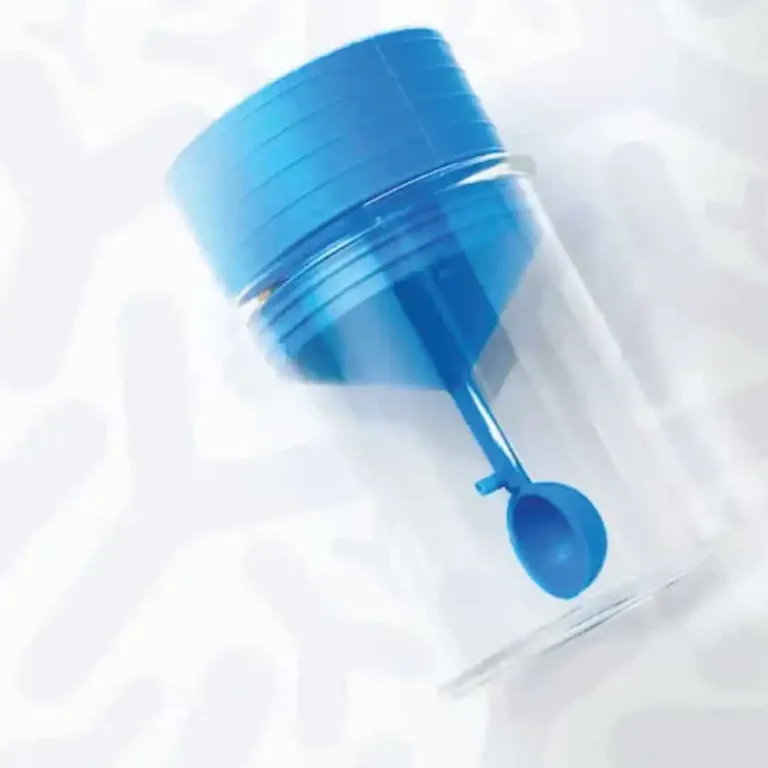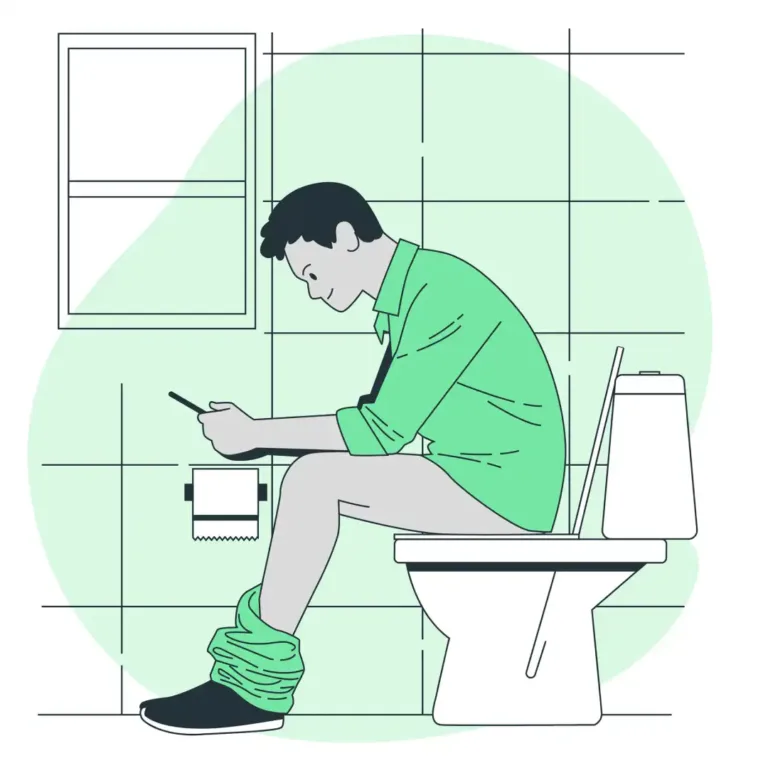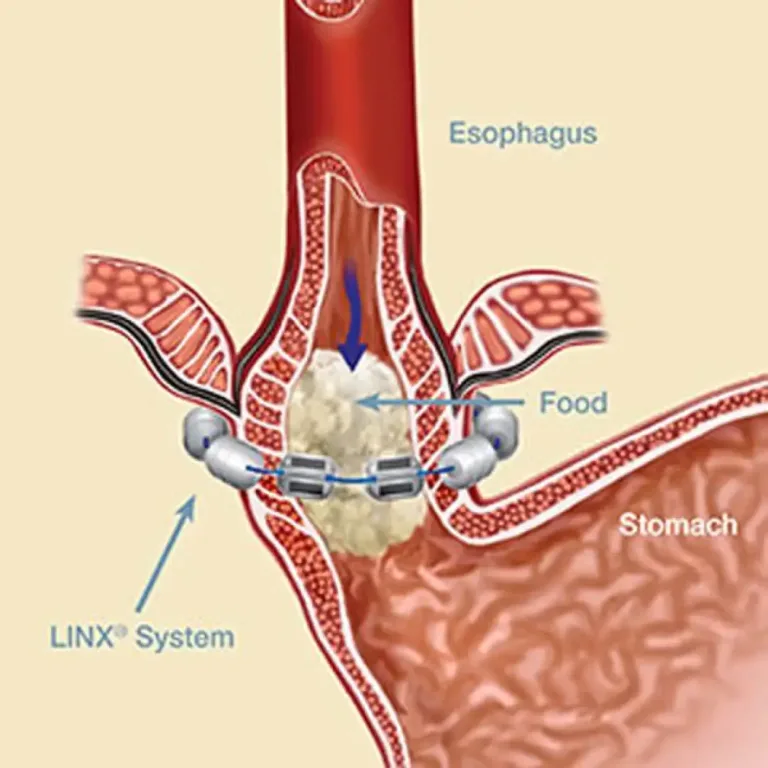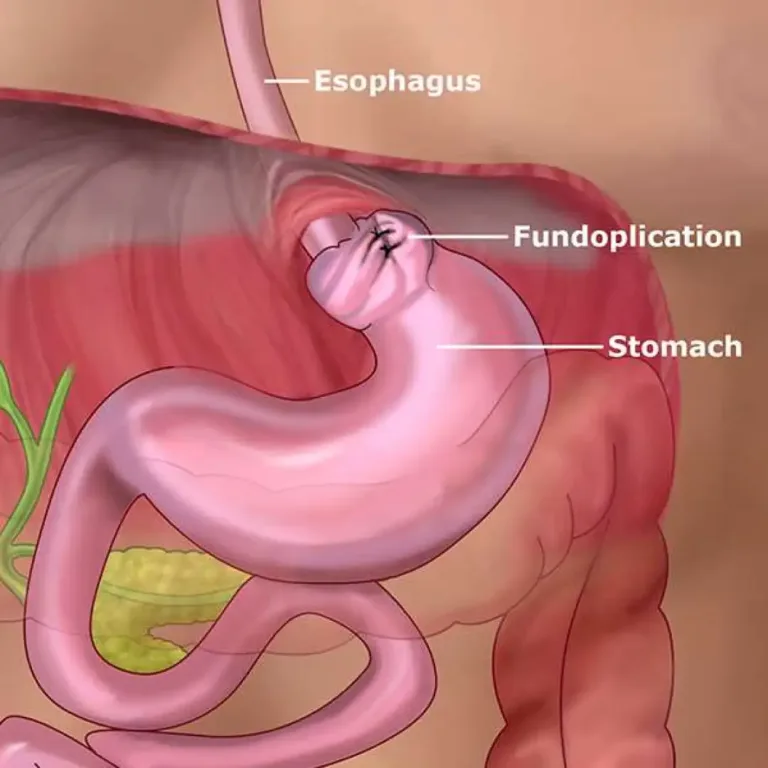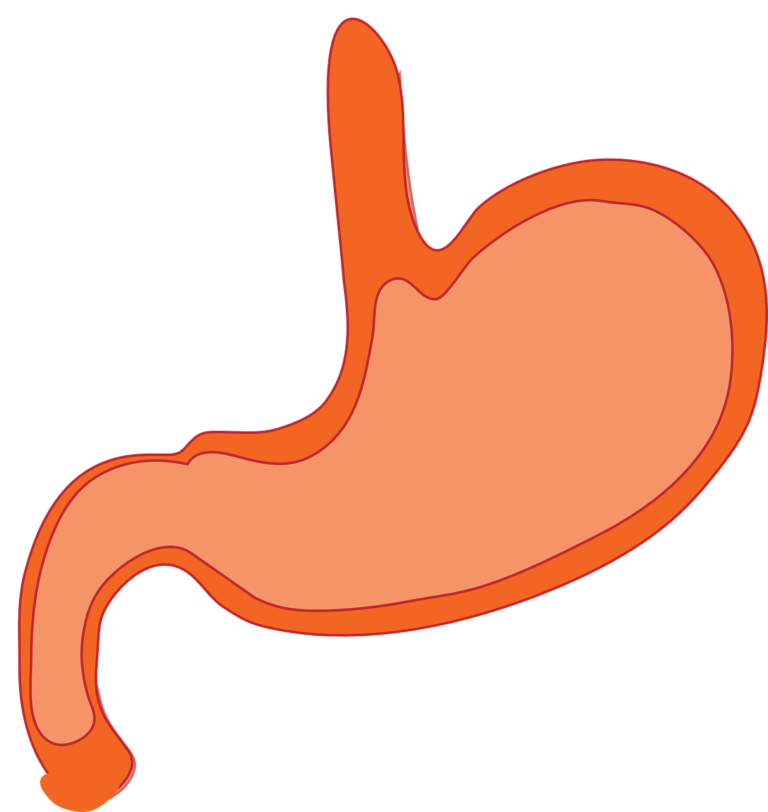Experiencing pain in the left shoulder blade can be a discomforting sensation, and while musculoskeletal issues are often deemed the primary causes, an intriguing connection exists between this pain and the digestive system. Understanding this correlation is crucial for comprehensive healthcare and effective management.
The Digestive System and Left Shoulder Blade Pain:
Referral Pain from the Diaphragm: The diaphragm, a vital muscle separating the chest and abdomen, can refer pain to the left shoulder blade. Diaphragmatic irritation, often associated with gastrointestinal issues, can manifest as discomfort in this specific region.
Gallbladder and Liver Issues: Problems with the gallbladder or liver, such as gallstones or inflammation, may cause referred pain to the left shoulder blade. The shared nerve pathways between the abdominal organs and the shoulder can contribute to the perception of pain in this unexpected area.
Peptic Ulcers and Gastritis: Conditions like peptic ulcers or gastritis, characterised by inflammation of the stomach lining, can cause referred pain to the left shoulder blade. The intricate network of nerves connecting the digestive organs and surrounding areas can contribute to this phenomenon.
Splenic Involvement: In some cases, conditions affecting the spleen, such as an enlarged spleen or splenic infarction, may lead to left shoulder blade pain. These conditions often have associated implications for the digestive system.
Addressing Left Shoulder Blade Pain Linked to Digestive Issues:
Gastrointestinal Evaluation: If left shoulder blade pain persists, a comprehensive gastrointestinal evaluation is recommended. This may include endoscopic procedures, imaging studies, and laboratory tests to identify any underlying digestive system issues.
Lifestyle Modifications: Dietary changes, such as avoiding trigger foods and adopting a balanced diet, can play a role in managing digestive issues that contribute to left shoulder blade pain.
Medical Intervention: Treatment of specific digestive conditions, such as gallbladder disorders or gastritis, may involve medication, lifestyle adjustments, or, in some cases, surgical intervention.
